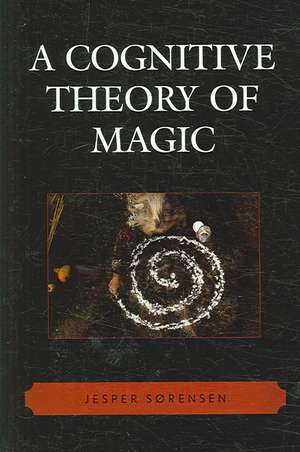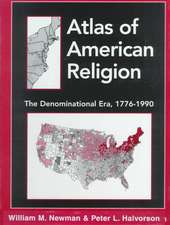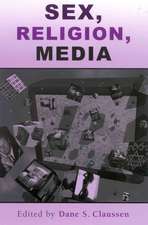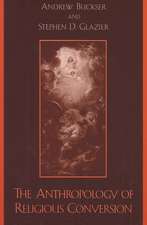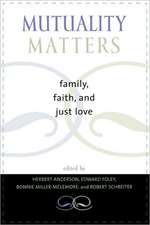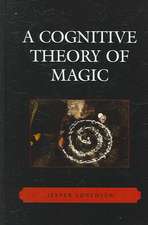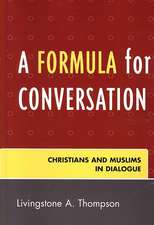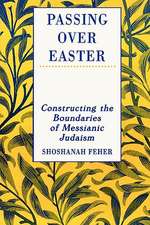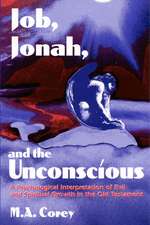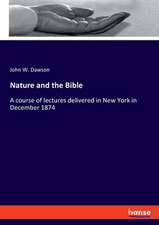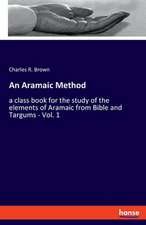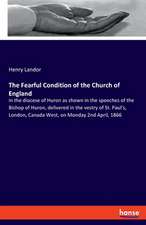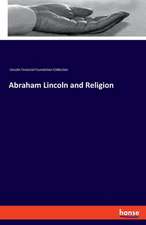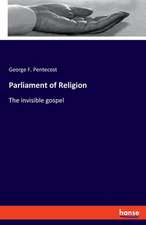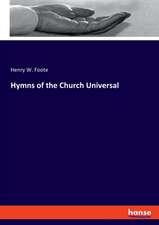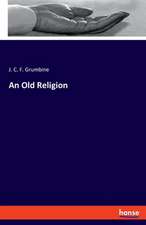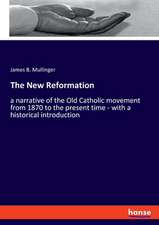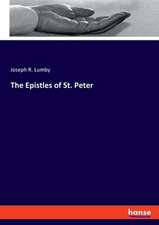Cognitive Theory of Magic: Cognitive Science of Religion
Autor Jesper Sorensenen Limba Engleză Paperback – 26 noi 2006
Preț: 412.28 lei
Nou
Puncte Express: 618
Preț estimativ în valută:
78.89€ • 82.37$ • 65.29£
78.89€ • 82.37$ • 65.29£
Carte tipărită la comandă
Livrare economică 04-18 aprilie
Preluare comenzi: 021 569.72.76
Specificații
ISBN-13: 9780759110403
ISBN-10: 0759110409
Pagini: 228
Dimensiuni: 152 x 229 x 12 mm
Greutate: 0.38 kg
Editura: Rowman & Littlefield
Seria Cognitive Science of Religion
ISBN-10: 0759110409
Pagini: 228
Dimensiuni: 152 x 229 x 12 mm
Greutate: 0.38 kg
Editura: Rowman & Littlefield
Seria Cognitive Science of Religion
Notă biografică
Descriere
Presents a theory of magical actions based on an array of findings in the cognitive sciences. This book argues that focusing on the underlying cognitive processes not only explains why magical rituals look the way they do, it also supplies insights into the role of magic in the formation of institutionalised religion.
